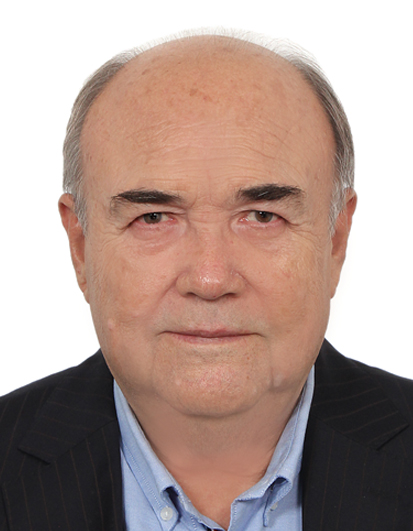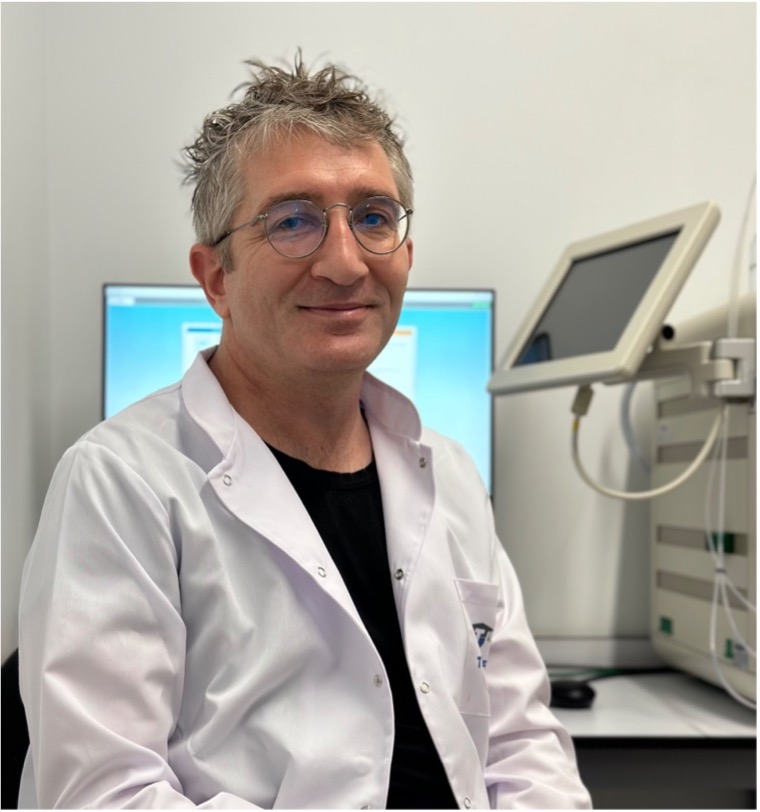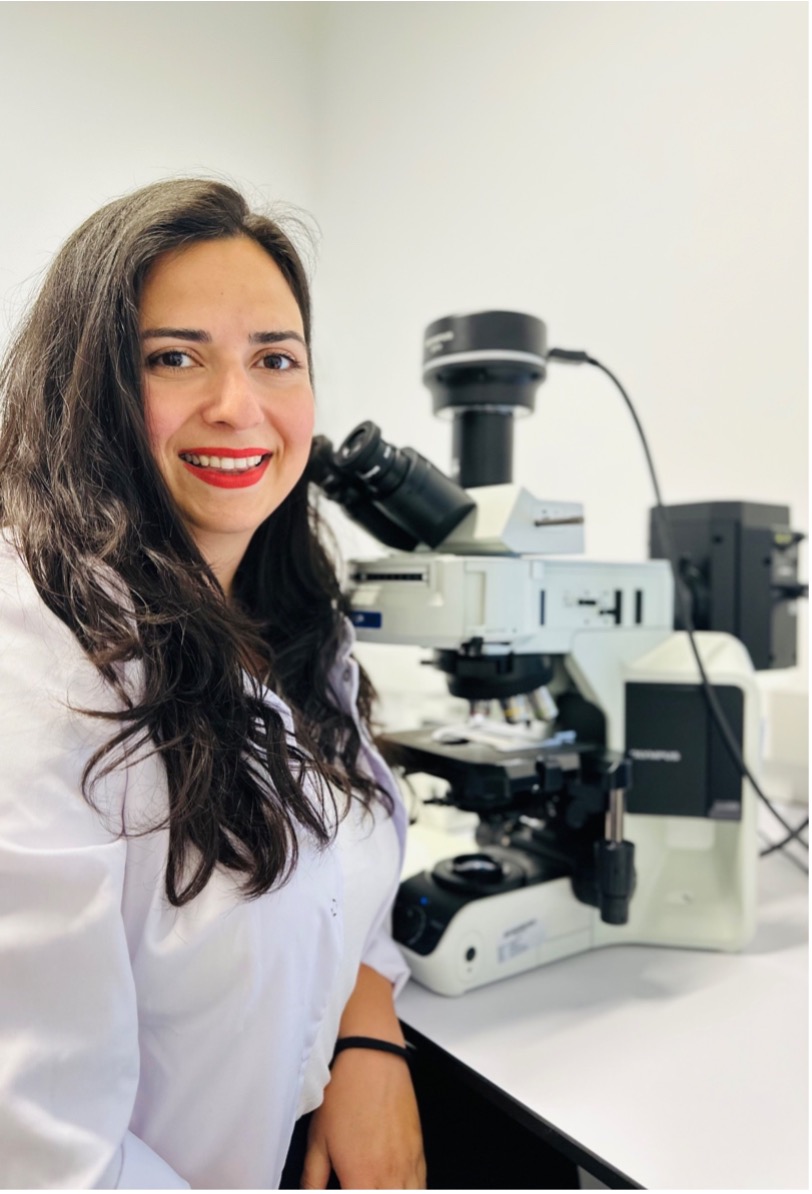
Öztürk Lab
ÖZTÜRK LAB: RECOMBINANT PROTEINS AND MONOCLONAL ANTIBODIES
The class of therapeutics called ”Biologics” include recombinant proteins, monoclonal antibodies, mRNAs, live cells, vaccines and recombinant viruses. Major biologics are monoclonal antibodies and recombinant proteins that are approved for the treatment of a variety of diseases, ranging from those that treat rare patients wirh rare but devastating genetic disorders to those treating hundreds of thousands of patients for some cancers and multiple sclerosis or even millions of patients for diseases such as asthma and rheumatoid arthritis.
Our laboratory is primarily interested in the exploration of home-designed recombinant proteins, monoclonal antibodies, and mRNAs for treatment of major diseases such as cancer and atherosclerosis. We select promising cell surface targets and design targeting tools such as ligands, soluble receptors and antibodies for targeted therapies.
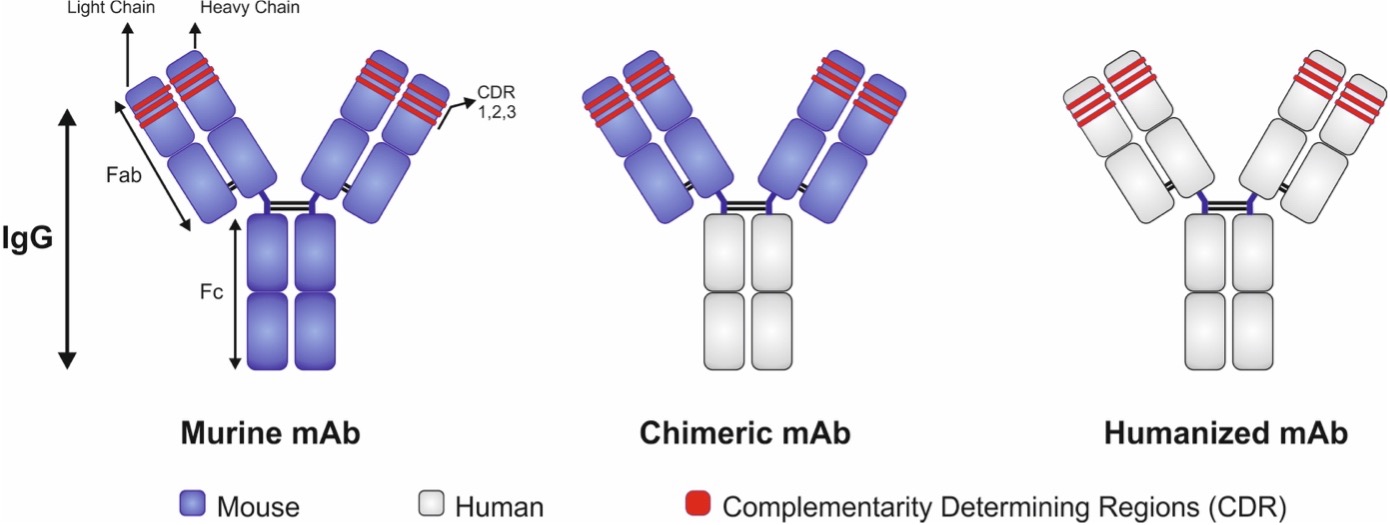
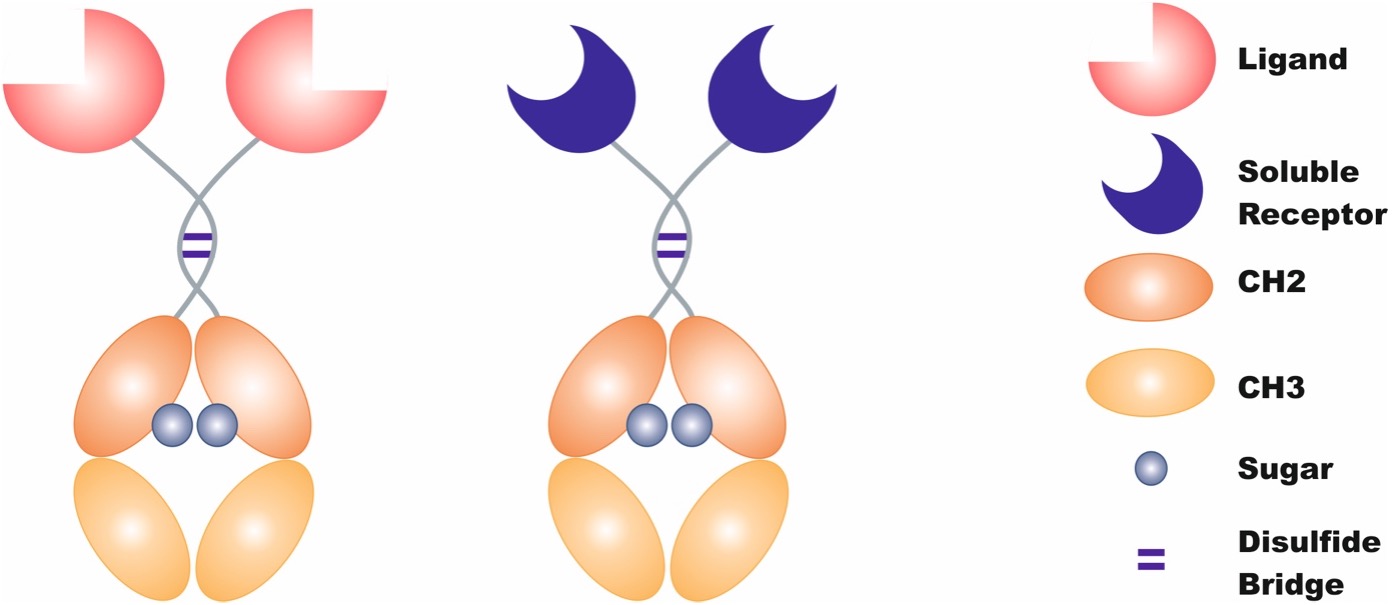
We developed technologies such as monoclonal antibody production by hybridomas, recombinant protein production by synthetic genes in mammalian cells such as Hek293 and CHO, as well as protein purification by chromatography and biochemical characterization of proteins.
Antibodies and recombinant proteins offer a wide area of application in different domains of life sciences including medicine, pharmacy, veterinary medicine, microbiology, botaanic and agriculture. We welcome collaborations from all life science investigators and industrial partners for their needs in recombinant proteins and monoclonal antibodies.
Currently, we are producing monoclonal antibodies for diagnostic use in clinical pathology for cancer markers such as p53, p40, beta-catenin, Napsin A, cytokeratin 5 and PDL-1. We are also producing chimeric proteins for engaging macrophages to eliminate atherosclerosis plaques.
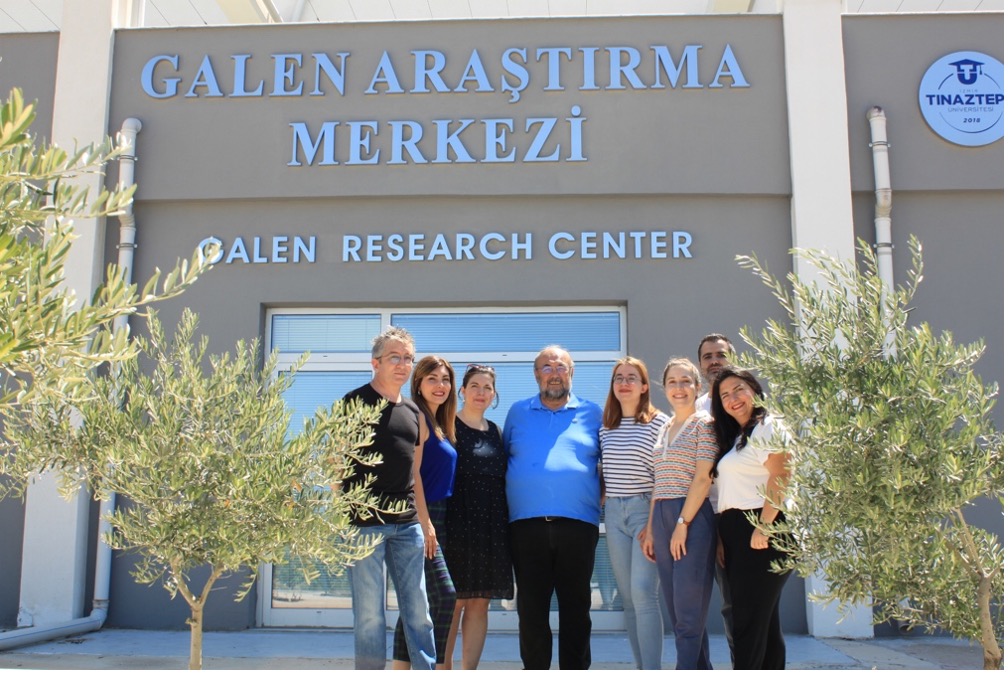
He is currently a lecturer at Izmir Tınaztepe University Faculty of Medicine and the director of IZTU Galen Research Center.
He was born in 1952 in Bolu-Mudurnu. He graduated from Gazi University Faculty of Pharmacy in 1974. He worked as a Pharmacist Intern at Paris Hospitals (Assistance Publique-Hopitaux de Paris) in France between 1977-1985, and received his Clinical Biochemistry and Immunology Specialization and Biochemistry Doctorate degrees from the University of Paris. Between 1985 and 1992, he worked as a Post-Doctoral Researcher and Lecturer at Harvard Medical School and Massachusetts General Hospital in the USA. In 1992, he became the Founding Director of the Molecular Oncology Laboratory at the Center Leon Berard Cancer Center in Lyon, France, and worked as INSERM Research Director at the same center between 1992-1995. In 1995, he was invited to Bilkent University as the Head of the Department to establish the Department of Molecular Biology and Genetics; He continued this duty until 2007. During the same period (1997-2013), he worked as the Founding Director of Bilkent University BilGen Genetics and Biotechnology Center. Between 2007 and 2012, he worked simultaneously as INSERM Research Director at Institut Albert Bonniot in Grenoble, France. Between September 2013 and February 2018, he worked as the Founding Director of Izmir International Biomedicine and Genome Institute affiliated to Dokuz Eylul University. He transformed this institution into Izmir Biomedicine and Genome Center, which is Turkey's first national public research institution in the field of health, within the scope of Law No. 6550 in 2018, and managed this center until 2021.
Prof. Dr. Mehmet Öztürk is known for his translational research to understand the genetic and molecular characteristics of cancer, especially liver cancer. More than one hundred scientific articles have been published and over 10,000 references have been made to them. His H-Factor is 46. As a Pharmacist specializing in Molecular Biology, Prof. Dr. Mehmet Öztürk has worked for many years for the production of biotechnological drugs based on gene engineering in our country.
Prof. Öztürk is a member of TÜBA, Academy of Sciences, EMBO and TWAS academies and is the recipient of the TÜBİTAK-TWAS Science Award and the Koç Foundation Health Award (as the founder of Bilkent MBG). He is married and he has two daughters.
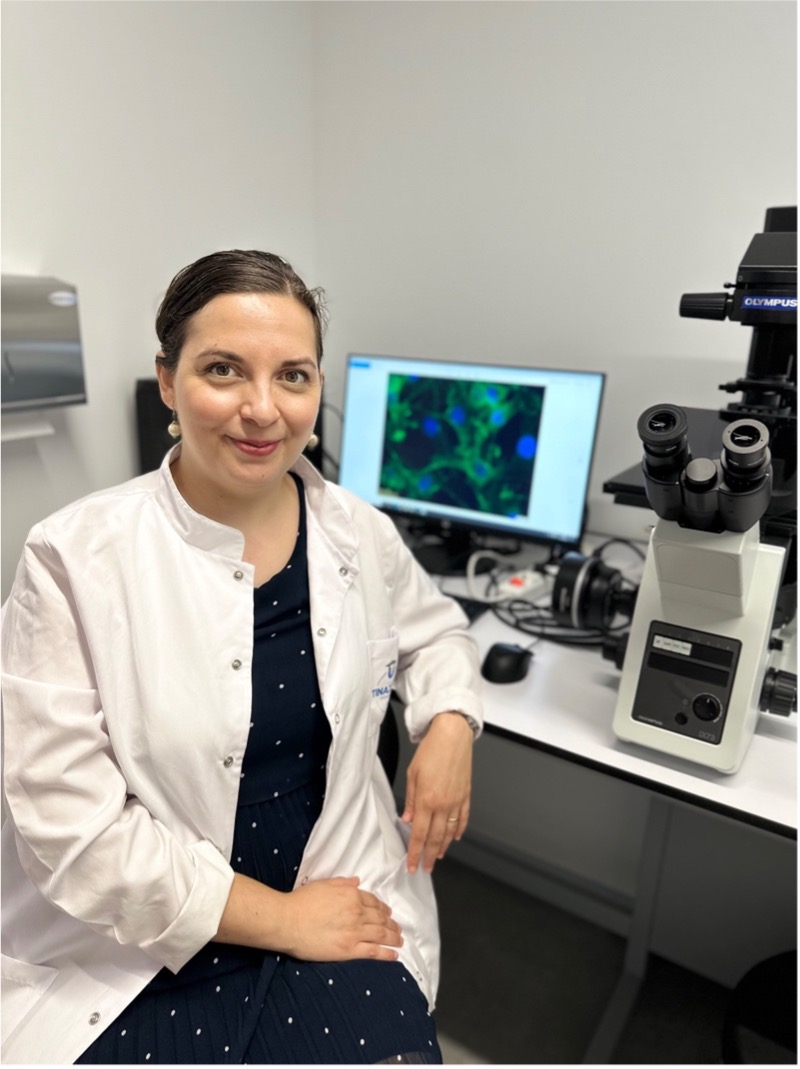 Dr. Bahriye Karakaş
Postdoctoral Researcher
Dr. Bahriye Karakaş
Postdoctoral Researcher
Her place of birth is Kardzhali. She received her undergraduate degree in molecular biology and genetics from Istanbul University, and her master's degree in the field of animal breeding and genetics from Erasmus Mundus program - AgroParisTech and Swedish University of Agricultural Sciences (SLU). She completed her doctorate in Sabancı University Faculty of Engineering and Natural Sciences Department of Molecular Biology, Genetics and Bioengineering, and continued her post-doctoral studies there, and later worked on hybridoma technology and antibody studies at Eutropics Pharmaceuticals Inc. She joined Mehmet Öztürk's team in 2019 and continues to work on the development and production of monoclonal antibodies in the team.
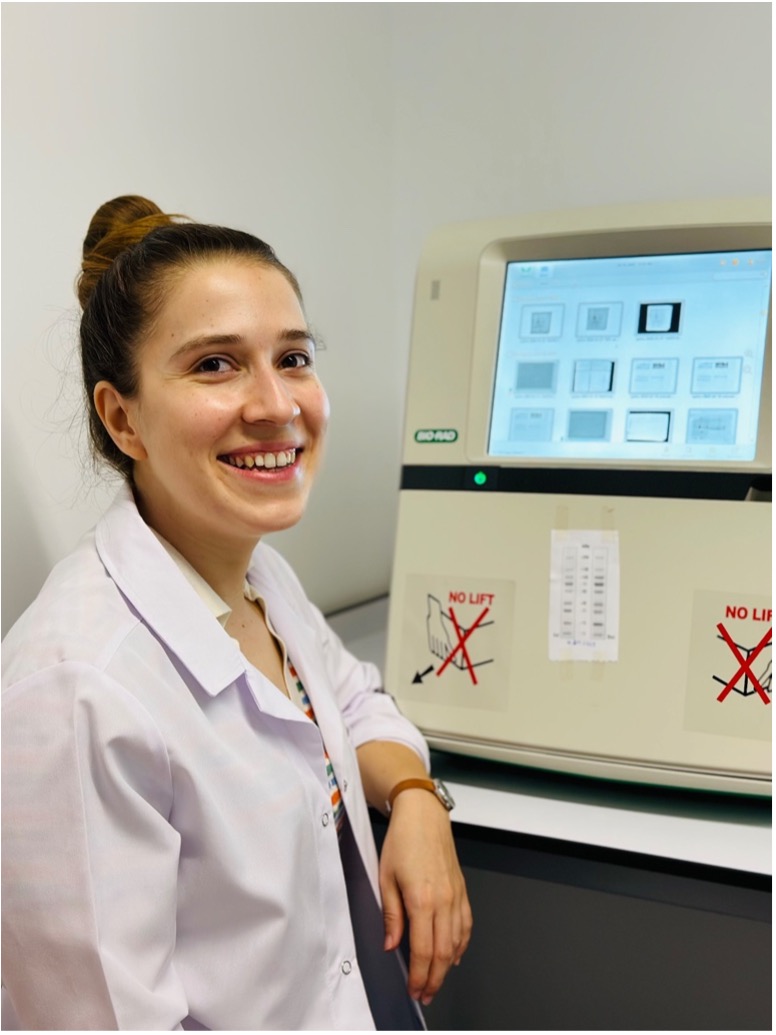 Aybike Erdoğan
PhD Student
Aybike Erdoğan
PhD Student
Her place of birth is Ankara. She received her undergraduate degree in Molecular Biology and Genetics from Bilkent University and her master’s degree in Medical Biology and Genetics from Dokuz Eylül University. She is doing her PhD in Molecular Biology and Genetics at Dokuz Eylul University Izmir International Biomedicine and Genome Institute. Her thesis is on the development of monoclonal antibodies against HER2. She joined Mehmet Öztürk's team in 2012. She carries out studies for the determination of recombinant protein expression and activities in mammalian animal cells within the scope of pharmaceutical and biotechnological research.
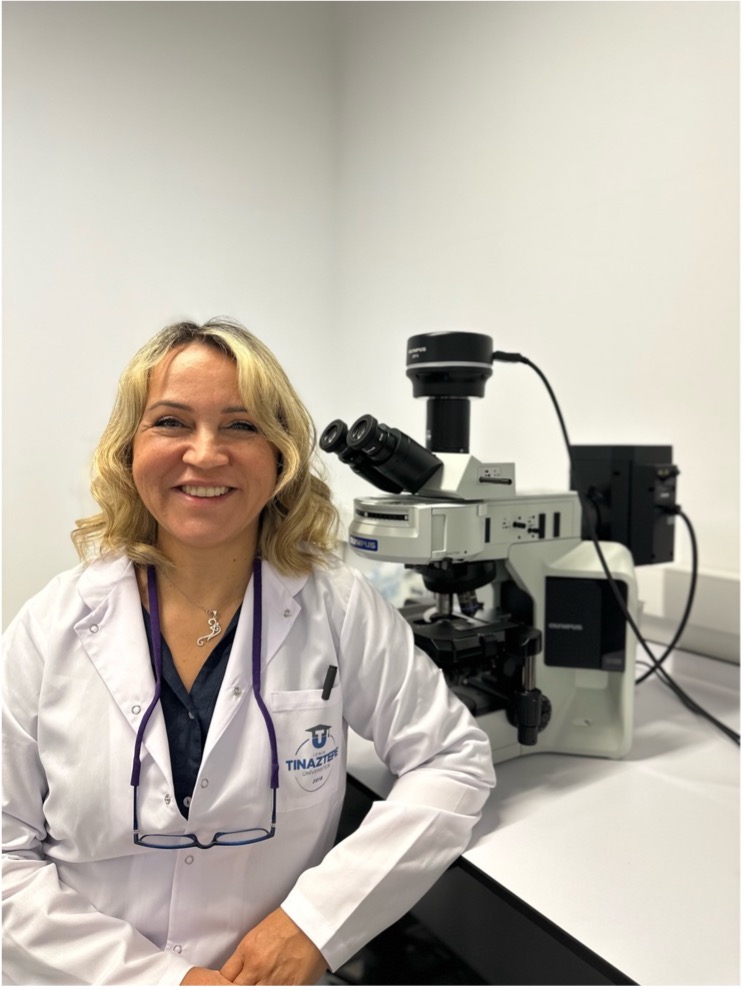 Pathologist Özden Öz
PhD Student
Pathologist Özden Öz
PhD Student
She completed her training in 1987-1994 in EUTF, her medical doctor education, 1995-2000, and specialization training at EUTF Pathology Department. She worked as a pathology specialist in 2000-2019, İzmir/TC.SB state hospitals and 2019-present, BEAH. In 2016-2017, she started IBG Institute, Molecular Biology and Genetics Doctorate Program with Dr. Mehmet Öztürk Laboratory. After successfully completing the theoretical period of her education, she still continues her research in the project "Identification of biomarker proteins in pathological staging of bladder cancer".
His place of birth is Düzce. He received his undergraduate degree in Biology from Ege University and his master’s degree in Biotechnology from Izmir Institute of Technology. He left Sabancı University Faculty of Engineering and Natural Sciences while continuing his PhD in Molecular Biology, Genetics and Bioengineering. He joined Mehmet Öztürk's team in 2018. He carries out DNA and protein-based biotechnological R&D studies in the laboratory.
Her place of birth is Ankara. After completing her undergraduate education in Kırıkkale University, Department of Biology, she received her master's degree in the Department of Pathology, Faculty of Veterinary Medicine. In this process, she gained experience in the Histopathology unit in the central research laboratory. She gained her first work experience as a Laboratory Supervisor in Izmir University of Economics, Engineering Faculty. She joined as a researcher in Öztürk Lab. at İzmir Biomedicine and Genome Center in 2018. She continues as a laboratory supervisor in the team. She takes part in histopathology studies.
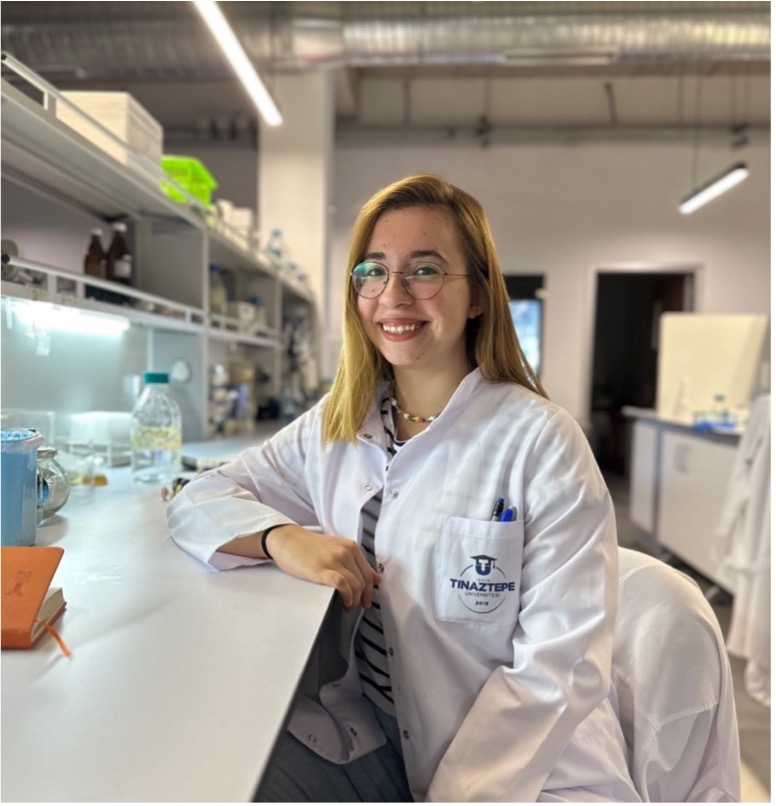 Aslı Babayakalı
Research Technician
Aslı Babayakalı
Research Technician
Her place of birth is Nilüfer. She received her undergraduate degree from Bursa Uludag University, Department of Molecular Biology and Genetics. In September 2022, she started her master's education in the field of Molecular Biology and Genetics at Dokuz Eylul University Biomedicine and Genome Institute. She joined Mehmet Öztürk's team in March 2022 and continues to work on the development and production of monoclonal antibodies as the project technical staff at the Galen Research Center.
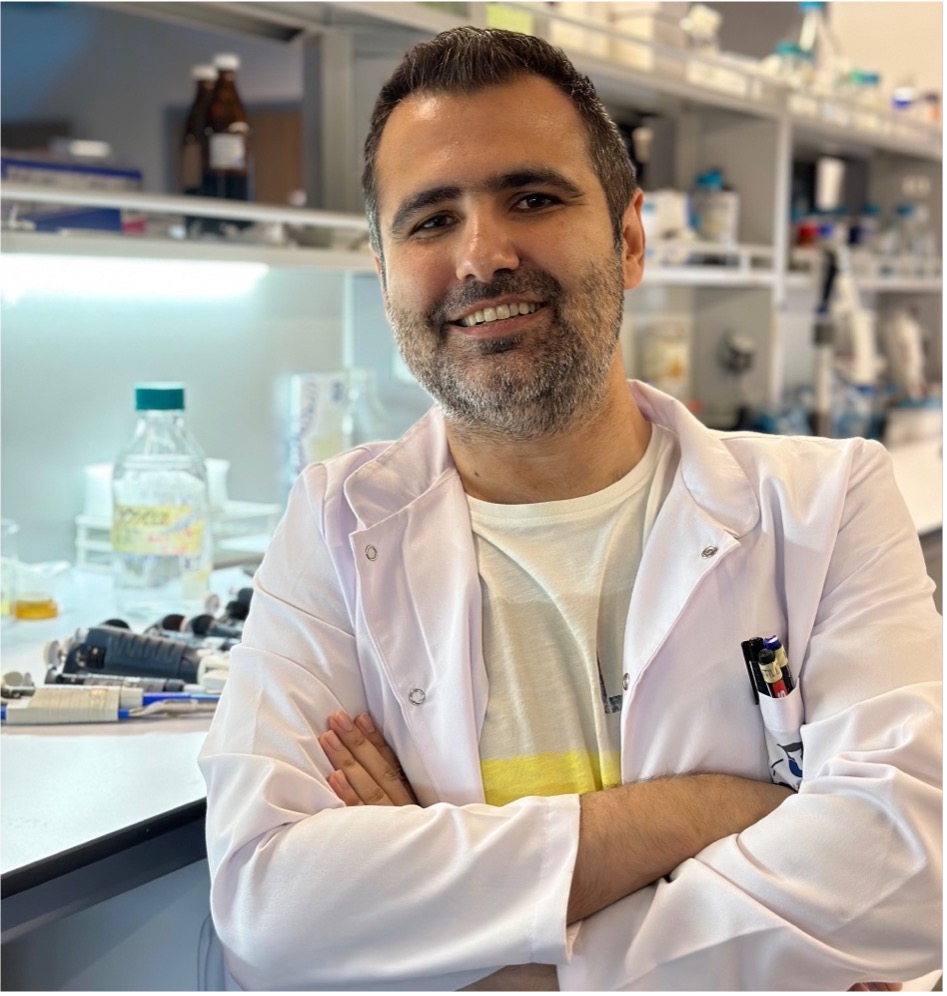 Dr. Umut Ekin
Postdoctoral Researcher
Dr. Umut Ekin
Postdoctoral Researcher
He received his undergraduate and graduate education from Izmir Institute of Technology, Department of Molecular Biology and Genetics. His doctoral studies were carried out under the supervision of Prof. Mehmet Öztürk in Dokuz Eylul University Izmir International Biomedicine and Genome Institute Molecular Biology and Genetics program on finding new drug targets in liver cancer. As a postdoctoral researcher at the Galen Research Center, he takes part in studies on biotechnological drug design and the expression of designed recombinant proteins in mammalian animal cells and determination of their activities.
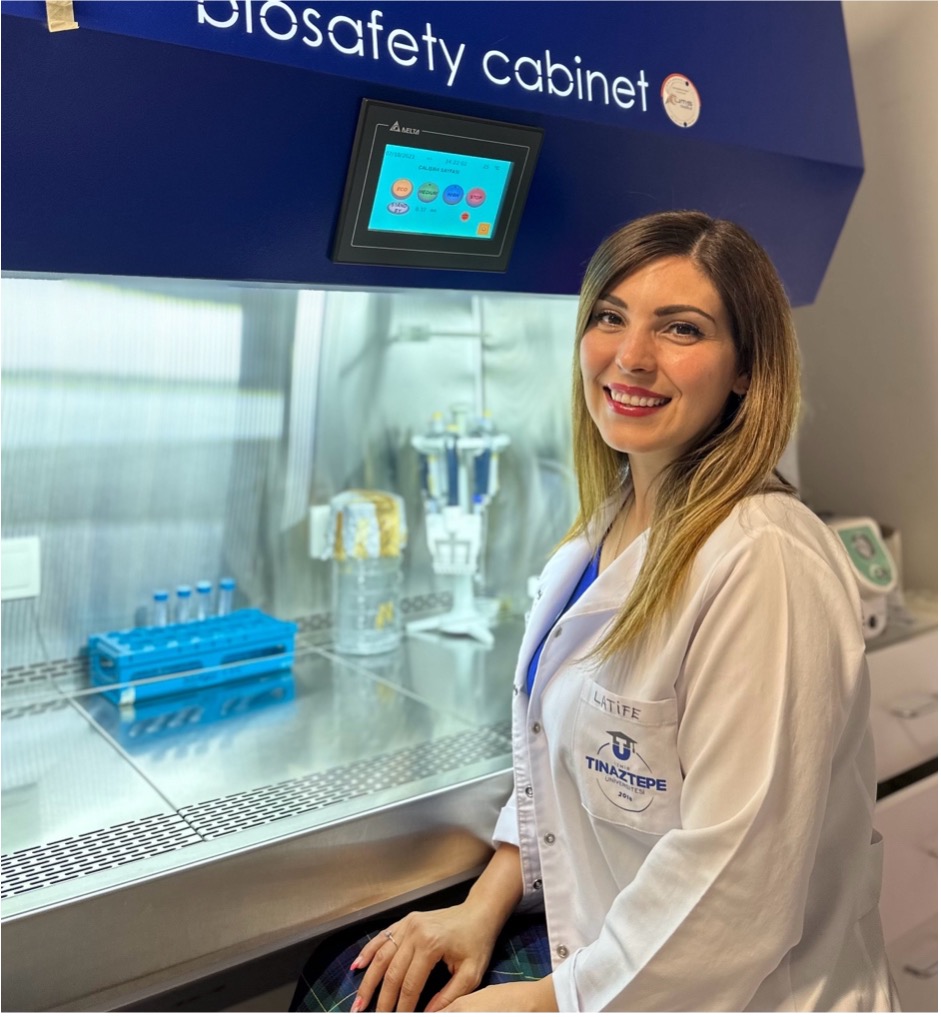 Dr. Latife Merve Oktay Çelebi
Postdoctoral Researcher
Dr. Latife Merve Oktay Çelebi
Postdoctoral Researcher
She completed her undergraduate education at Balıkesir University, Necatibey Faculty of Education, Department of Biology Teaching and her master's degree at Celal Bayar University, Department of Biology, Molecular Biology program. She completed her PhD at Ege University, Faculty of Medicine, Department of Medical Biology, within the scope of YÖK 100/2000 Molecular Pharmacology and Drug Research program, to determine the effects of plant-based bioactive molecules and drug combinations on gene expression levels on cellular signaling pathways in pancreatic cancer. In February 2023, she joined Prof. Dr. Mehmet Öztürk's team and is currently a postdoctoral researcher at Galen Research Center and Izmir International Biomedicine and Genome Center, working on determining the bioactivities of liver cancer targeted monoclonal antibodies.
Öztürk Lab Alumni
Postdoctoral Researchers
Çiğdem Özen
Evin İşcan
Hani Alotaibi
İdil Karaca
Zeynep Mutlu
PhD Students
Ayça Arslan Ergül
Ayşegül Örs
Benhaj Khemais
Berna Sayan Özçelik
Ceyhan Ceran
Dilek Çevik
Emre Sayan
Esra Erdal
Gökhan Yıldız
Haluk Yüzügüllü
Keziban Ünsal
Mine Mumcuoğlu
Muhammad Ayaz Mustufa
Nuri Öztürk
Özge Gürsoy Yüzügüllü
Sana Ferroudj
Sevgi Bağışlar
Şerif Şentürk
Tolga Çağatay
Tuğçe Batur
Umur Keleş
Umut Ekin
Graduate Students
Aslı Öztan
Claire Fonti
Derya Soner
Eylül Harputlugil
Funda Şar
Gülayşe İnce
Merve Deniz Abdüsselamoğlu
Mustafa Yılmaz
Necati Fındıklı
Nilgün Taşdemir
Özden Yalçın
Özgür Karakuzu
Sabine Dalleau
Yusuf İsmail Ertuna
- Batur T, Argundogan A, Keles U, Alotaibi H, Senturk S and Ozturk M. AXL knock-out in SNU475 hepatocellular carcinoma cells provides evidence for lethal effect associated with G2 arrest and polyploidization. Int J Mol Sci 2021. doi: 10.3390/ijms222413247.
- Oz O, Iscan E, Batur. T, Ozturk M. 3D Organoid modelling of hepatoblast-like and mesenchymal-like hepatocellular carcinoma cell lines. Hepatoma Res 2021: 7:60.10.20517/2394-5079.2021.43.
- Gungor MZ, Uysal M, Ozturk M, Senturk S. Systematic Analysis of Cytostatic TGF-Beta Response in Mesenchymal-Like Hepatocellular Carcinoma Cell Lines. J Gastrointest Cancer 2021 Aug 31. doi: 10.1007/s12029-021-00704-z. Epub ahead of print. PMID: 34463913.
- Ekin U, Yuzugullu H, Ozen C, Korhan P, Bagirsakci E, Yilmaz F, Yuzugullu OG, Uzuner H, Alotaibi H, Kirmizibayrak PB, Atabey N, Karakülah G, Ozturk M. Evaluation of ATAD2 as a Potential Target in Hepatocellular Carcinoma. J Gastrointest Cancer 2021 Nov 5. doi: 10.1007/s12029-021-00732-9. Epub ahead of print. PMID: 34738187.
- Iscan E, Ekin U, Yildiz G, Oz O, Keles U, Suner A, Cakan-Akdoga G, Ozhan G, Nekulova M, Vojtesek B, Uzuner H, Karakülah G, Alotaibi H, Ozturk M. TAp73β Can Promote Hepatocellular Carcinoma Dedifferentiation. Cancers (Basel) 2021 Feb 13;13(4):783.
İzmir Tınaztepe Üniversitesi
Galen Araştırma Merkezi
Aydoğdu Mah. 1267/1 Sk. No:4 Buca/İzmir

